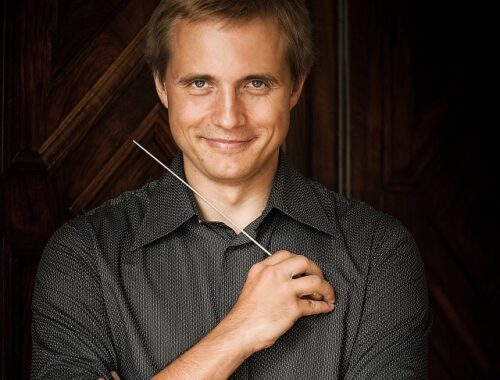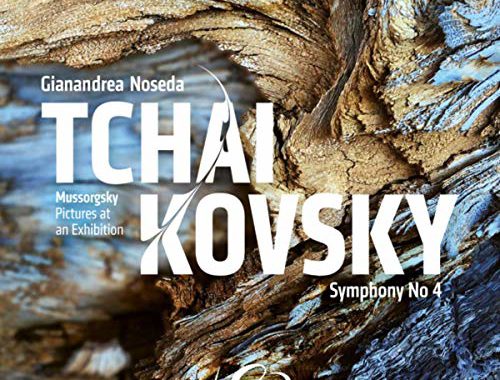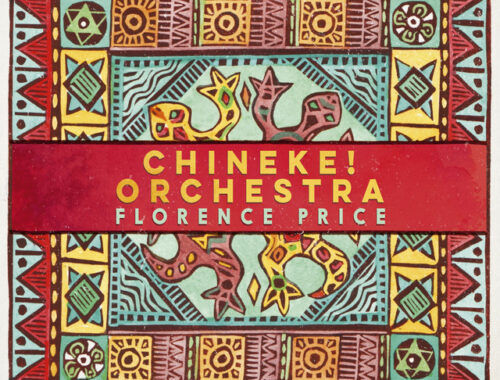Albarn & Norris “Dr Dee”, English National Opera
A blackbird descends, Damon Albarn sings of England, and a cavalcade of our national identity – from punk rocker to city gent, cricket to morris dancing, suffragettes to Lord Nelson – passes before our eyes, each representative consigned to history in a gently humorous and quite literal fall from grace. The chronicle of Dr Dee – 16th century mystic, mathematician, astrologer, and sometime spy – has begun and the boundaries that sometimes divide the rich and diverse art form that is music theatre are, if Mr. Albarn will excuse the pun, blurred.
Rufus Norris and Damon Albarn’s enticing confection is neither musical nor opera but rather a timeless Masque unfolding to a backdrop of quasi-Elizabethan lute songs and Tudor polyphonies where Albarn’s weathered and gravelly voice intones his sombre and beautiful plaints like a contemporary Dowland, rock inflections meeting archaic melismas while theorbo and cascading recorders allude to a lost world. The fusion of styles, the clash of ancient and modern, the way the orchestra (conductor/supervisor Stephen Higgins) supports Albarn’s consort cum venerable rock band, occasionally swelling cinematically in a Philip Glass or John Adams mode to ennoble a lament that cannot and will not be contained.
Norris’ staging achieves total symbiosis with the music’s aching simplicity and just as the music marries honesty to deception so too does the staging, its wit and invention turning tricks into inspirational imagery. Dee’s quest for knowledge, for a way to reconcile and natural and supernatural, takes the fanned-out leaves of books and elaborates the idea into a fantastical leitmotif for the entire show wherein the changing tableaux are revealed from behind and from within these scrolls of parchment. Video design (Lysander Ashton of 59 Productions) works its magic, too, with Dee’s mathematical equations proliferating across every surface. And as Queen Elizabeth I assumes the ascendancy to lofty heights England parties (how topical) beneath the flowing folds of her skirts.
This is what the theatre of the imagination is all about – the value is in the invention not the expenditure. Dee’s nemesis Walsingham (Steven Page) grows increasingly gaunt, redoubling in height between the acts, a black and forbidding inquisitor figure on stilts. And all the while the blackbirds in human form are masked and waiting.
We have endured some appallingly bad music theatre commissions in recent times and Dr Dee shines in their wake. The key to its success (and would that this were true of more contemporary music theatre) lies in song and Damon Albarn is a songsmith of great honesty and memorable hooks. How moving is his final lament over the body of John Dee, microphone in hand, one last cadence to rival Dowland’s “Flow My Tears”. “England, sing for John Dee”, he laments – and three blackbirds fly unfettered through the auditorium to have the last word.
You May Also Like

GRAMOPHONE: From Where I Sit – March 2021
24/03/2021
GRAMOPHONE Review: Mussorgsky Pictures at an Exhibition & Tchaikovsky Symphony No. 4 – London Symphony Orchestra/Noseda
27/03/2019